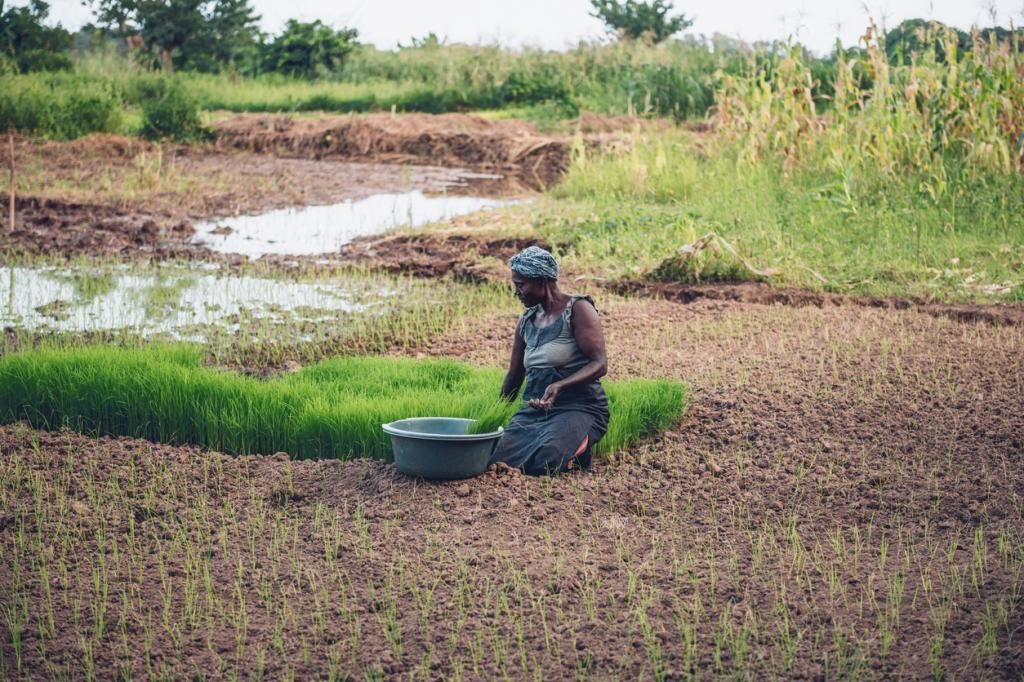Free Courses Sale ends Soon, Get It Now


Free Courses Sale ends Soon, Get It Now



Disclaimer: Copyright infringement not intended.
Context
Research Review
Extent of Infestation
Economic Ramifications
Projected Impact
Beyond Rice
Resistance and Remedies
Continued Concern
|
PRACTICE QUESTION Q Analyse the detrimental impact of parasitic weeds on agricultural productivity, highlighting the challenges faced and potential solutions. |
© 2024 iasgyan. All right reserved